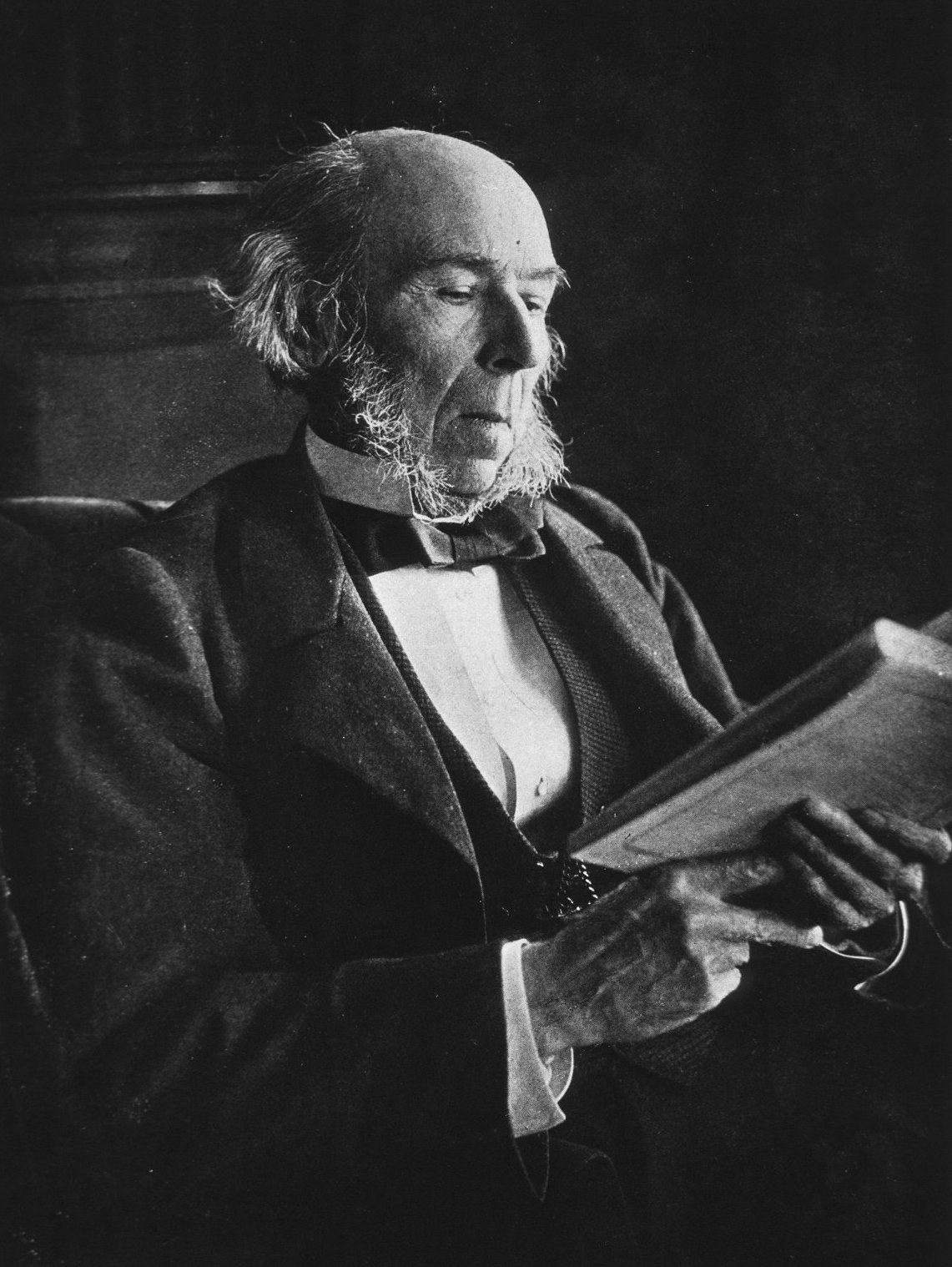10.1.7 Eternal Struggle and War
Gregory Millard
The fascist quest for national rebirth does not stop at the nation’s existing borders. Fascism conceives “of history as a constant struggle in social Darwinist terms for the survival and triumph of the fittest” (Kallis, 2000, p. 30). By extension it sees warfare as an inescapable part of human life. Just as the fittest or strongest man (Passmore, 2002, pp. 123-133) should rule the nation, so are stronger nations entitled to dominate and subordinate weaker ones. Indeed, if history is a test of strength and heroic vitality, then “war alone keys up all human energies to their maximum tension and sets the seal of nobility on those peoples who have the courage to face it. All other tests are substitutes which never place a man face to face with himself before the alternative of life or death. Therefore all doctrines which postulate peace at all costs are incompatible with Fascism” (Mussolini, 1932, p. 4).
Social Darwinism

Charles Darwin’s theory of evolution posited a process of natural selection according to which species with mutations that are well-suited to their environment thrive, while less well-adapted species die out. Social Darwinists applied this model to human individuals and groups, suggesting that success is indicative of superior genetic or racial “fitness.” The phrase “survival of the fittest” was coined by Herbert Spencer.
Unsurprisingly, then, fascist Italy and Nazi Germany engaged in wars of aggression, with Italy brutally conquering Abyssinia (Ethiopia) – a conquest that included the use of poison gas and racist white-supremacist propaganda (Renton, 1999, p. 33) – and its ally Germany gobbled up neighbouring states before eventually attacking Poland and triggering the Second World War. At its apogee in late 1942, the Nazi Third Reich controlled almost the entirety of Europe and western chunks of the Soviet Union.
Media Attributions
- Herbert Spencer 4 © unknown is licensed under a Public Domain license

